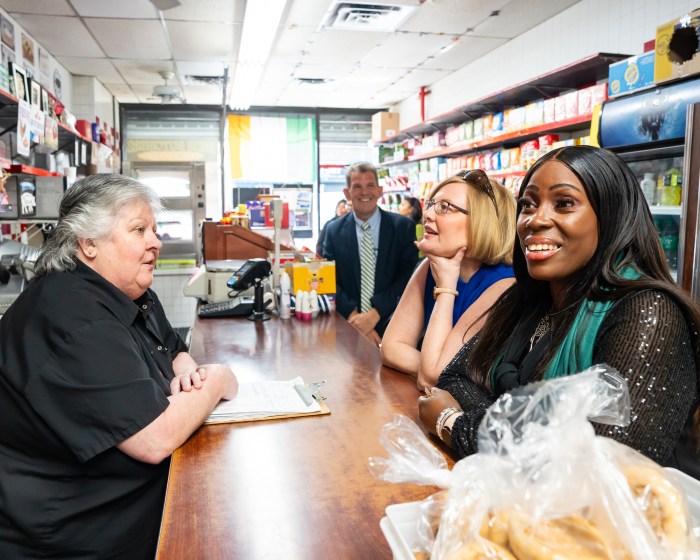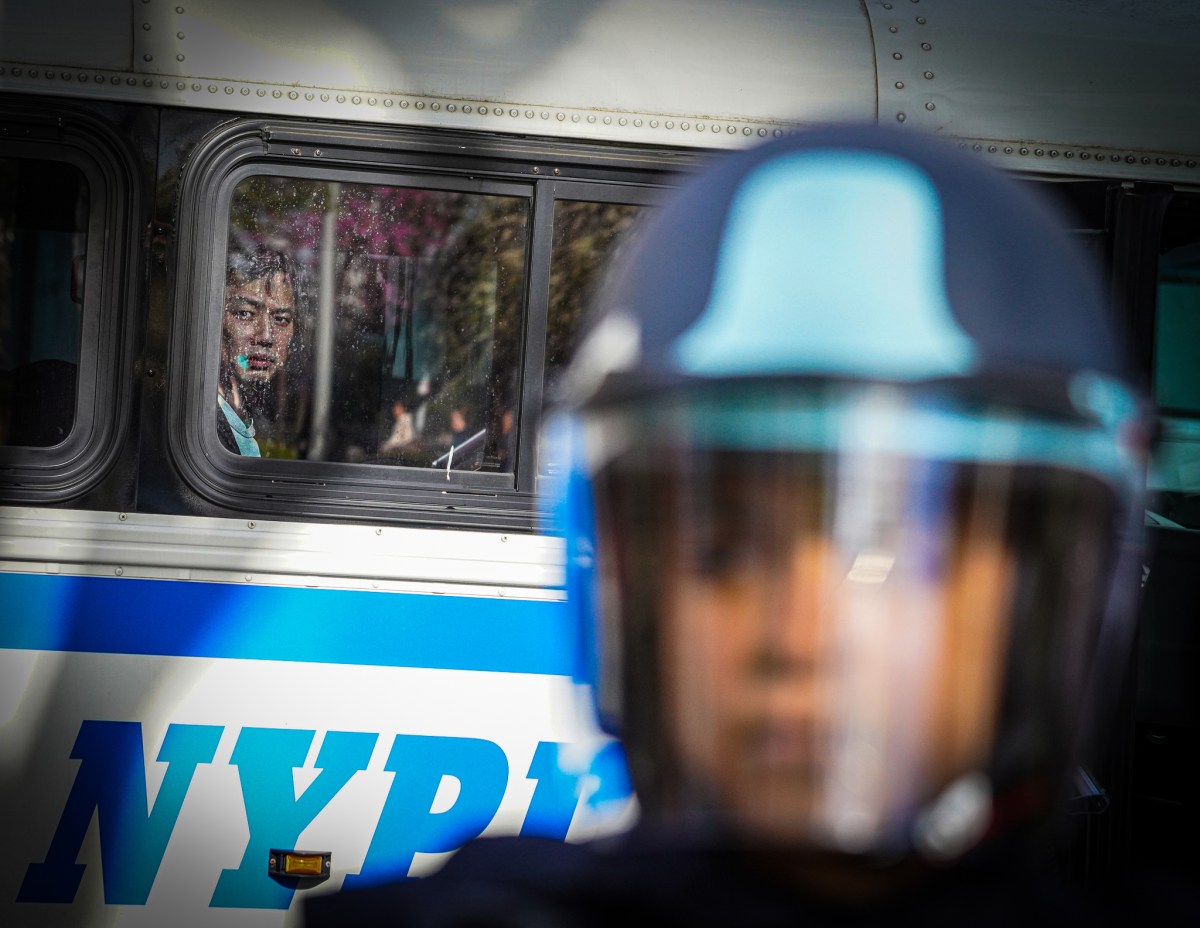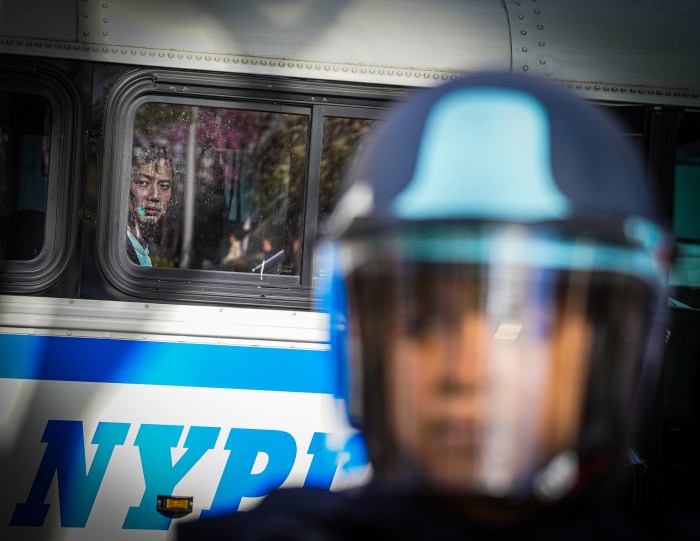Barbados will on April 1 begin a phased ban on plastics entering the country for use in sale of goods or to complement sold items, rounding up to an almost total prohibition nine months later.
This means that within six weeks the island will no longer import or allow any form of trade in single-use petro-based plastic cups; straws; cutlery, including plastic knives, forks and spoons; stirrers; plates; egg trays, both plastic and Styrofoam; and Styrofoam containers used for food in the culinary retail industry.
Plastic, a proven environmentally unfriendly material, is ever-present in society that a total ban is near impossible as the material is embedded in products vital to human life such as medicines and medical equipment. Additionally, some forms of commercial production are almost impossible without it.
This explains why the Barbados government has adopted a staggered approach to abolishment of plastic use in circumstances where the material is replaceable.
“In relation to straws we’ve given a moratorium on the tetra pack of straws because all over the world they’re still grappling with how do we handle those straws,” explained Kirk Humphrey, the minister of Maritime Affairs and Blue Economy, as he made the announcement Tuesday.
The ban is not extended to pharmaceutical products and other imports that are packaged in plastic for hygienic purposes.
Plastic bottling of local fruit juices is to be allowed, but recycling legislation governing these containers will be introduced and enforced.
There was a push-back on the planned banning of plastic bags because of economic considerations.
“When we started this process our thinking was originally that on Jan. 1, 2019 we wanted to ban all single-use plastics including plastic bags,” Humphrey said and explained, “Barbados however has an industry of persons who manufacture plastic bags and so we extended … to April 1, 2019 to accommodate the manufacturers of plastic bags.”
This four added months proved too short a time for such producers to either wrap up operations or switch to an alternative.
These producers, who employ a substantial number of Barbadians, were given nine more months from the April 1 date.
“But after Jan. 1, 2020 there will be no petro-based plastic bags being used in Barbados,” Humphrey said.
“We do not wish to come to an established industry that employs Barbadians and deprive them of opportunity, but we also know that the cost of continuing to use these things in Barbados will outweigh any potential benefits.”
Government will be working with these fabricators to come up with a “a bio-based material, to use a different resin that would allow them to make an environmental healthy and friendly bag.”
Since local industry operators were forewarned in September about the pending ban, they have been perfecting use of alternative material to replace the swath of plastic utensils that will be prohibited by April.
“These items here are not petro-based. Most of them come from a natural bio-base. Some are made from paper, some from sugarcane, some are bagasse…and they are strong enough to carry food,” Humphrey said.
The minister tied the ban on plastics with Barbados’ target of becoming a fossil-free nation by 2030.
“We want to be a country that when we speak to the world we speak to the world as an environmentally friendly destination.”
The seas with its abundance of marine life has become the biggest victim of discarded plastic. And, when it is considered that the ocean contributes to a substantial portion of Barbados’ economy through fishing, tourism, and water sports, this ban on plastics seems like a no-brainer, and leaves one to ask, “what took you so long?”



















